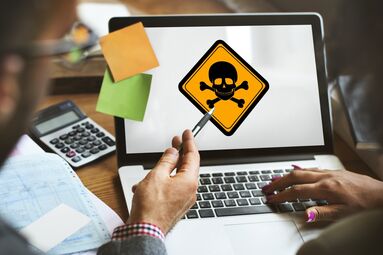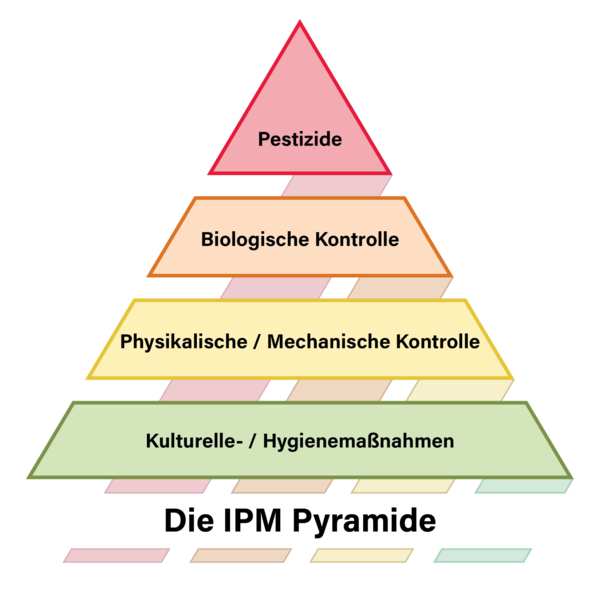
I don’t know if you feel the same way I do, but I think this year went by super fast. My personal feeling is really that we are already knee-deep in 2021. What does that tell you? It tells you that the year 2023 will be around the corner in the blink of an eye. Why am I telling you this? Why is 2023 so relevant? Well, it seems like in 2023 many anticoagulant rodenticides or rat and mouse poisons could be taken off the market or, in plain words, they could be banned. Why? Here are my thoughts on it:
1. first, there are economic reasons: As you have read, and as most reports from the major companies in our industry show, biocides and pesticides are being used less and less. This means less revenue for the large manufacturers of such active ingredients. A registration for a new rodenticide costs several hundred thousand euros per country and the development of such a product certainly costs several million. If you choose to do this because it’s your core business, don’t plan on covering your costs or making a profit in the first year.
On the contrary, it takes about 4 to 5 years to make this really profitable. So a lot of chemical companies in the world will definitely look around and see if it’s a good idea to go down this path. With so many companies offering biocides, the market has become very competitive. This really means only one thing, and that is that margins have fallen. Well, if the margins are going down, I would definitely look for a new line of business to keep my company profitable and to feed my employees’ families.
Do me a favor and type “digital pest control” into Google. Among the first results are the websites of major international chemical companies, which are now venturing into newbusiness areas with digital traps and monitoring, just like us.
Do you agree with me that this is natural selection? To be honest, I’ve actually heard these exact statements from distributors and manufacturers, so I’m not just making this up myself, I’m just telling what a lot of people in the industry are planning and thinking.
2. second, there is a great opportunity for alternatives to rodenticides to be seriously considered. What does it mean? The European Chemicals Agency says that anticoagulant rodenticides pose a major risk to our environment and therefore should not be used. Because rodents are such a major threat to human health and food security, and because no one has yet been happy to restrict the use of biocides, nothing has been seriously offered as an alternative. Well, frankly there was, but it wasn’t a complete set of facts that the European Chemicals Agency adopted at that time in the final phase of the reauthorization. Looking at what our European associations and parties interested in the issue are working on, it can be considered a realistic goal that in the context of the next re-evaluation, at least partially, a restriction of the legal use of these products can take place.
It’s funny that a lot of people in the industry think that we are enemies of rodenticides. On the contrary, we would prefer to keep them forever. But we just know, and I challenge you to prove me wrong, that they are not being used in all cases in accordance with the law. When you read the mitigation measures in Germany, for example, or the CEPA Memorandum of Understanding, you tend to think that we don’t have a problem. Everything, if done according to the statutes and according to the law, would be absolutely fine and the impact that these critical products have on non-target organisms or on our environment/nature would be so minimal as to be absolutely acceptable and future-proof. I mean, if you look at the IPM pyramid, you would see that it is actually upside down. Most professionals use chemicals first. I know many companies in the Netherlands where the law is actually controlled and there are high fines that you have to pay if you do not act in accordance with the law.
But actually, in most cases, it’s still about replacing the bait in the shortest possible time. I think we all agree that the most sustainable way to keep pests out is to prevent and eliminate them.

I’m not making any of this up, it’s basically common sense and a lot of information from none other than Dr. Robert Corrigan, who is probably the world’s most renowned expert on rodent control.
Do you agree with me?
Personally, I’m very confident that rodenticides will be greatly reduced this decade. Even if not, you can see from the figures of the leading international service companies that they have gradually decided to drastically reduce rodenticides. So it’s going to happen no matter what the main drivers are, and I haven’t even talked about food standards. This will certainly spread vertically in the world. From a farm, to production, to the supermarket, it will have an impact. They, too, will act more responsibly and sustainably, and I am quite sure that one day they will be even more connected to the IPM pyramid than ever before.
SUMMARY

So again to my opening thesis, this year is going by really fast, and 2023 is going to come extremely fast. So, do you want to be influenced and surprised by what happens in 2023, or do you think that the above facts are facts that will move you to new methods and a new way of working?
In the end, each and every product we have manufactured is designed to serve the pest control industry with a complete product portfolio of sustainable and digital means to prevent and control pest problems in industry and in the field.
We are very proud that a newly established pest control company with a diversified portfolio buys all its products from us and is 100% compliant with the law – future proof for the next 10+ years. Because I love my industry, I would like to invite you to contact me for a free consultation or product trial.
By the way, I’m also pretty optimistic about free trials. I think the next generation, which watches Netflix, Disney and many other platforms with free trial months, is already used to free trials. What do you think about it?
My goal with this blog is just to inform you about what is happening. I don’t want you to experience the “Titanic effect” where no one thought an iceberg was coming – but it did. He hit the Titanic and everyone knows what happened. I want you and your company to be prepared and not spend the next decade struggling and going under.